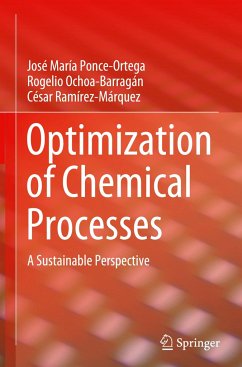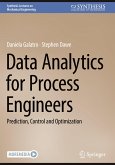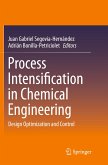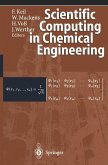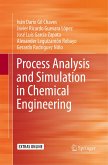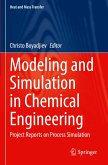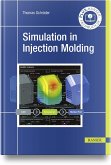This textbook introduces readers to a comprehensive framework for the application of deterministic optimization strategies in the field of chemical processes, with a strong emphasis on sustainability.
The book establishes a vital connection between fundamental deterministic optimization principles, optimization tools, and real-world application instances, all within the context of environmentally responsible practices. The approach put forth in this book is exceptionally versatile, allowing for the use of many optimization software and deterministic techniques.
Contained in the book are many fundamental optimization concepts, encompassing linear programming, nonlinear programming, integer programming, and multi-objective optimization, all tailored to promote sustainable decision-making. Furthermore, the book provides practical examples illustrating the application of these techniques within sustainable chemical processes as tutorials.
The textbook also explores the utilization of popular optimization software platforms such as GAMS, MATLAB, and Python, demonstrating how these tools can be leveraged for eco-friendly process optimization. Through this comprehensive framework, readers can not only acquire the skills needed to optimize a wide range of processes but also learn how to do so with sustainability at the forefront of their considerations. This approach streamlines the optimization process, eliminating unnecessary complications along the way and ensuring that environmental and ethical considerations are integral to the decision-making process.
The book establishes a vital connection between fundamental deterministic optimization principles, optimization tools, and real-world application instances, all within the context of environmentally responsible practices. The approach put forth in this book is exceptionally versatile, allowing for the use of many optimization software and deterministic techniques.
Contained in the book are many fundamental optimization concepts, encompassing linear programming, nonlinear programming, integer programming, and multi-objective optimization, all tailored to promote sustainable decision-making. Furthermore, the book provides practical examples illustrating the application of these techniques within sustainable chemical processes as tutorials.
The textbook also explores the utilization of popular optimization software platforms such as GAMS, MATLAB, and Python, demonstrating how these tools can be leveraged for eco-friendly process optimization. Through this comprehensive framework, readers can not only acquire the skills needed to optimize a wide range of processes but also learn how to do so with sustainability at the forefront of their considerations. This approach streamlines the optimization process, eliminating unnecessary complications along the way and ensuring that environmental and ethical considerations are integral to the decision-making process.

